Part 24: Nascimento

As war in the East continued to escalate, a growing internationalist movement began to foment itself among Portuguese philosophers and thinkers.
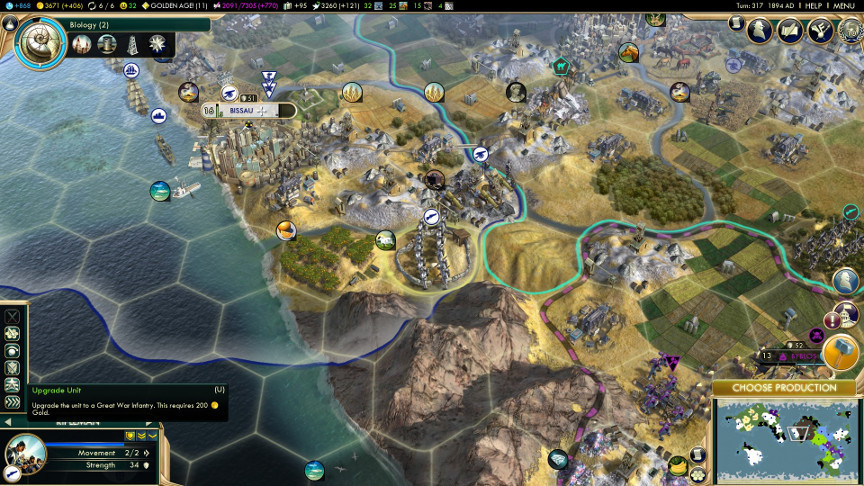
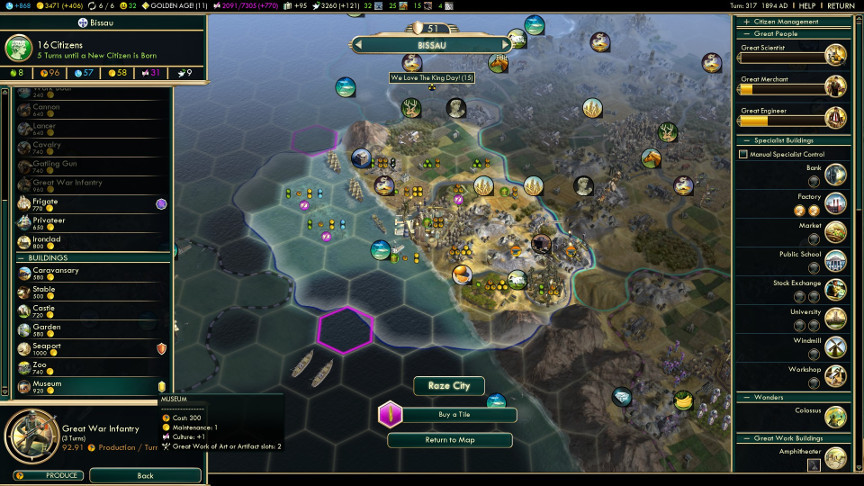
Despite a need to safeguard against the possibility of war with the Shoshone, and subsequent military expenditure and modernization, there was a sense among Portuguese abroad that, for the most part, they were safe.
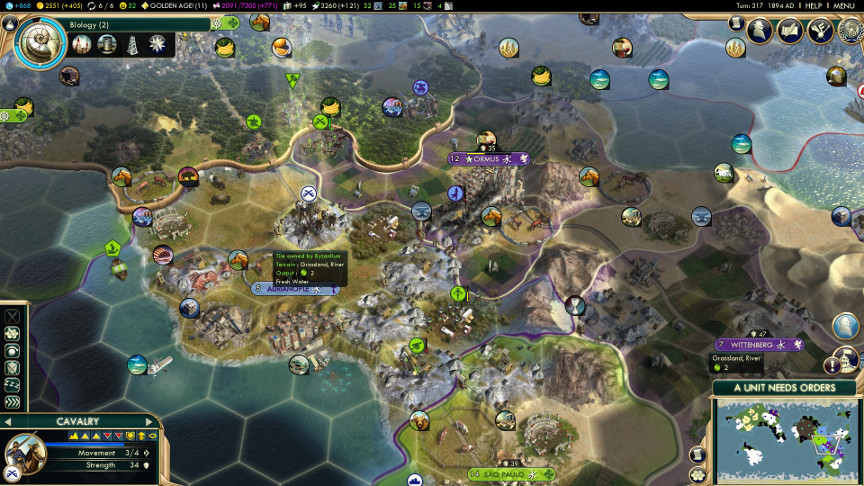
Amidst reports of sieges rapidly overcoming Venetian defences in the Byzantine exclaves, there was a prevailing sense of...distance growing between those living in Portugal and those still embroiled in conflict.
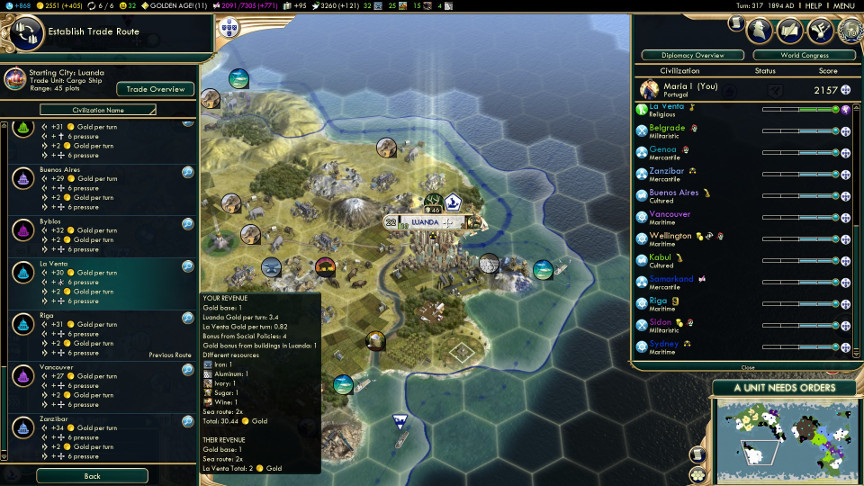
After all, Portuguese wealth, still the lifeblood of the nation, was able to guarantee anything from education to frivolities to the promise of safety within its borders.
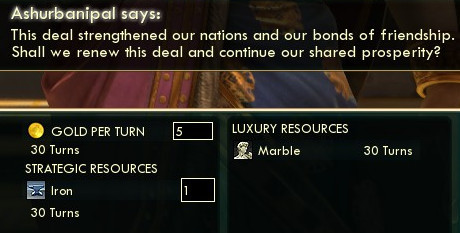
Assyria recognized this as a reason for which they knew to foster strong relations with the Portuguese.

However, this desire to reach out and more positively affect the world on an individual level took on a more interesting course.
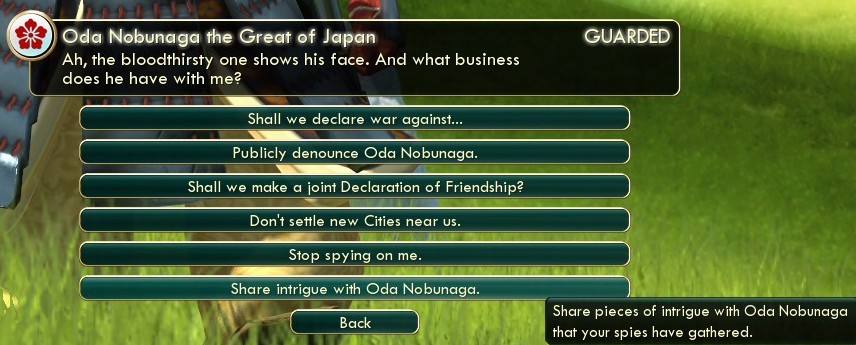
Sometime just before the turn of the century, a Portuguese intelligence agent gave a secret missive to a contact among the traders to travel to the city of Osaka via La Venta and deliver a message to Nobunaga Oda.



Though the message did reach its intended recipient, its contents quickly spread throughout the Japanese territories still owned by the shogun, and there was a brief period of widespread panic during which there was widespread speculation that the remaining Oda-controlled Japanese city would soon belong to another power.
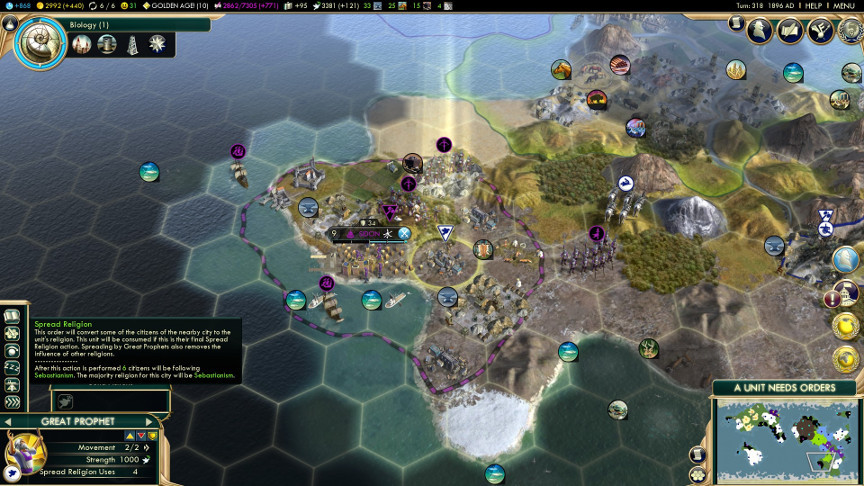
With Sebastianism ascendant in the southeast, there was a sense among many Japanese that their future as a unique culture was not merely in doubt, but destined for extinction.
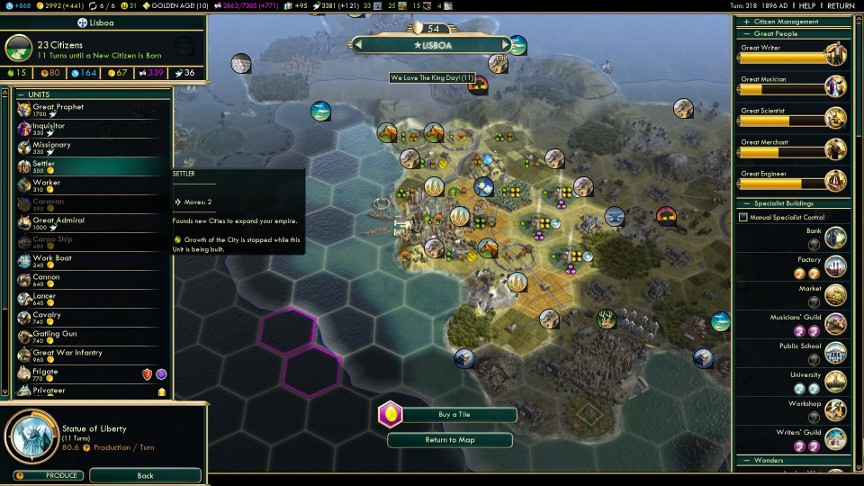
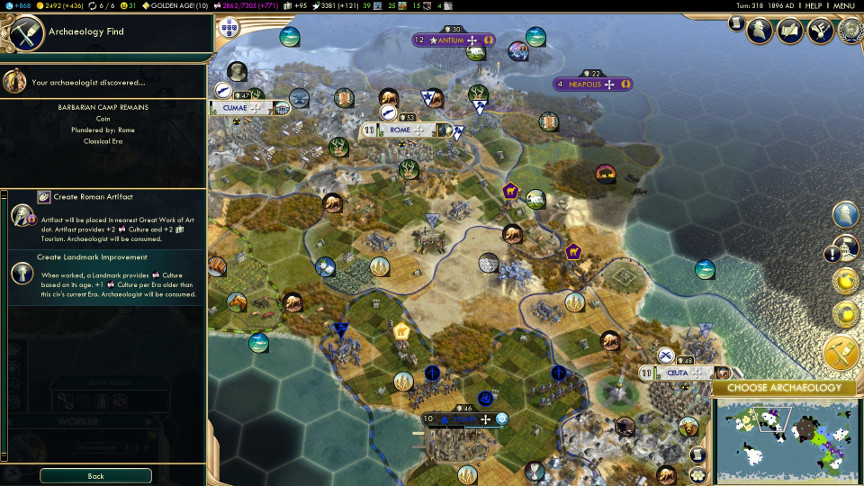
Portuguese expansion efforts were on the rise, and there was no piece of history that they would not appropriate to put in a museum in any of their worldwide museums dedicated to other culturally obsolete nations.
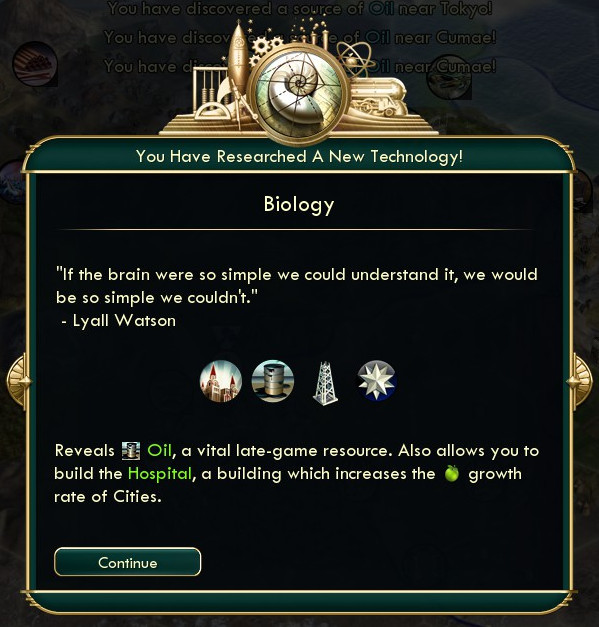
With each advance in Portuguese learning, the end of Japanese culture seemed nigh.
However, something different happened:
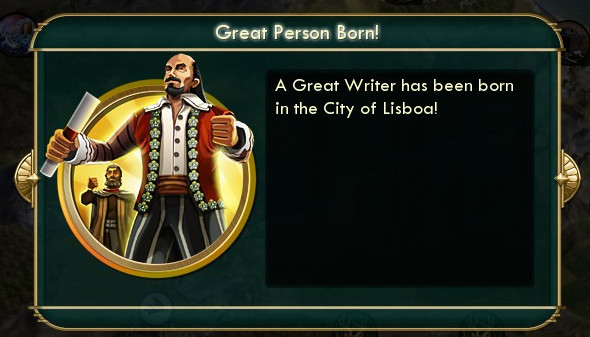

At around this time, the Portuguese focus on their historical presence within Japanese exclaves came to light with the publication of a journal belonging to a sailor aboard the formerly Japanese warship, the Justo Takayama. These memoirs were published in serial format as part of a Japanese newspaper, and played a part in bringing the story of the Japanese population of Portugal into the public eye.
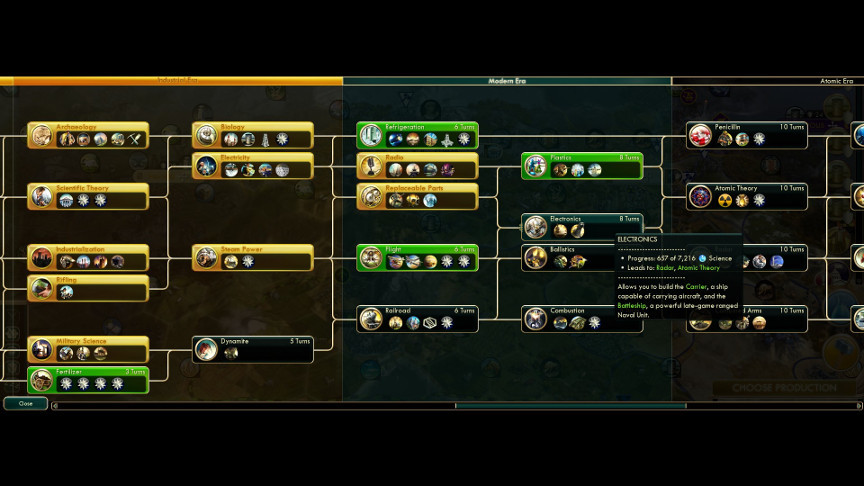
A devout Sebastianist, the central theme of his letters seems to have been one that agreed with the notion of Portuguese cultural supremacy, on the prevailing notion that their focus on learning and advancement could only be good for the world.
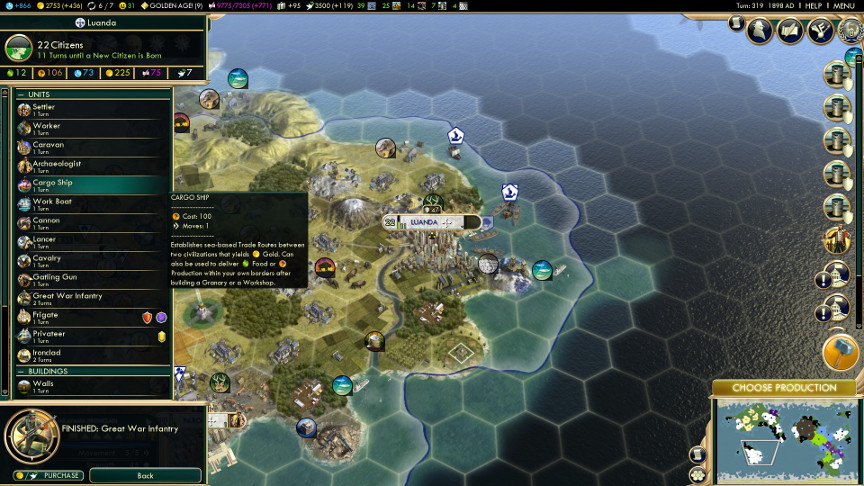
This view understandably won some popularity with a larger Japanese audience, but there were also underlying messages of dissatisfaction with the status quo, and that his learning would necessarily be predicated on the loss of things he once held dear, such as his homeland and faith.
These are some of the ideas he shared:
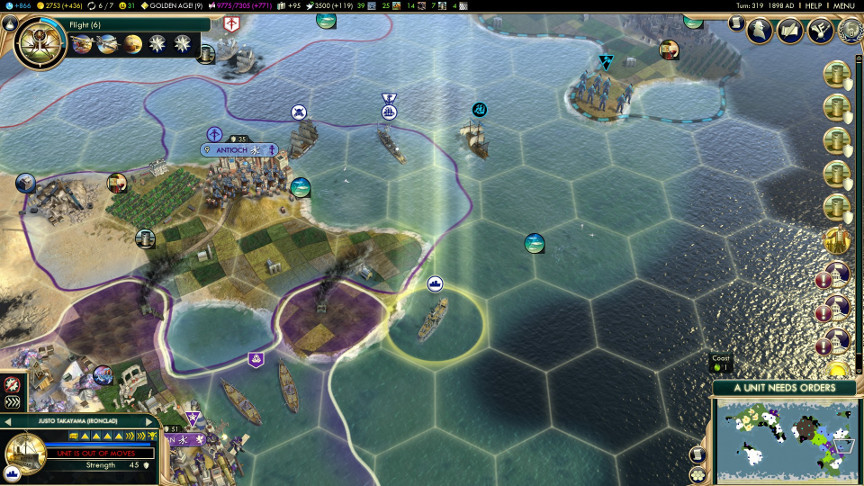
"Junho, 1897
As we wandered our way up the coastline back home to Kyoto, the evening sun stained the sky with a morose and somber red. I was remembering a conversation I had with a man in Lisboa.
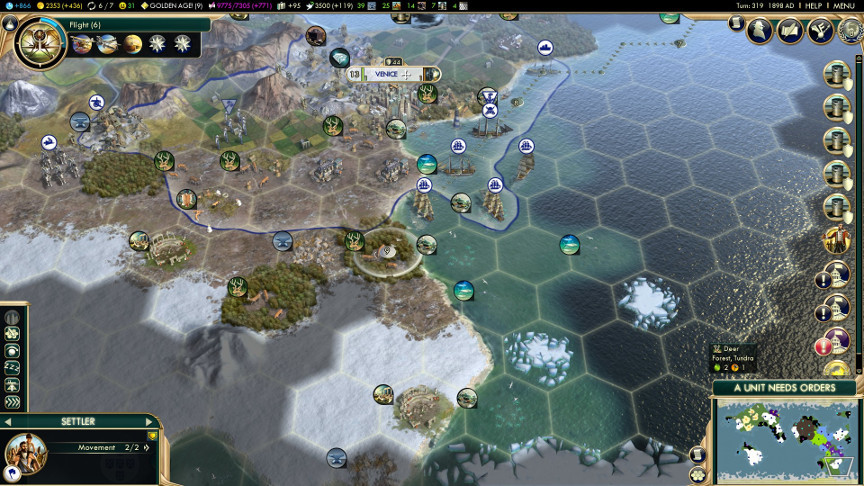
He told me that he was once a professor at the Universidade de Lisboa, and he was going to seek greatness in an arctic expedition. He believed that soon, the endless land of winter to the south would thrive like the cities of Faro or Cabo Rachado.
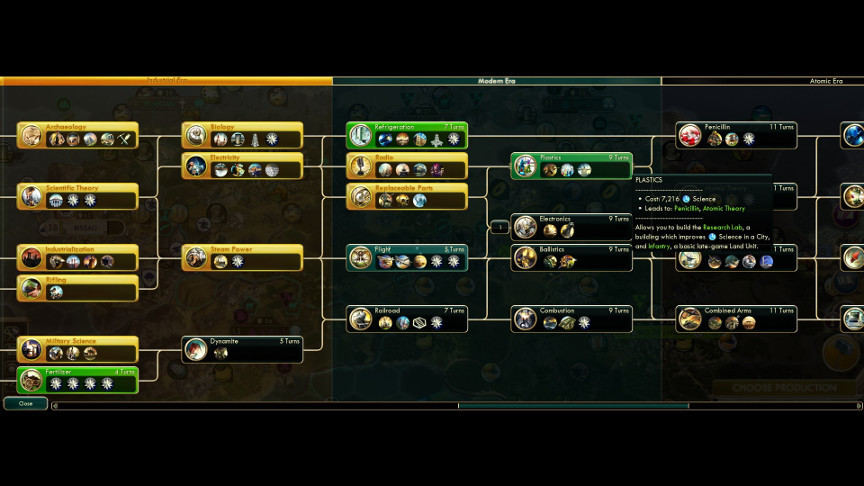
He had also made clear his dissatisfaction with some divisiveness at his place of work regarding areas of research to pursue. A funding grant had recently been revoked and a number of professors had resigned in protest.
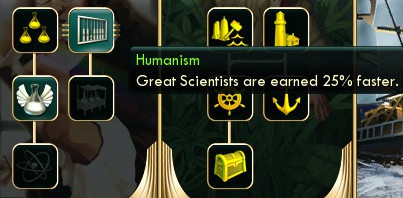
In this I find myself confused as to the nature of the Portuguese, as their military dominion over my homeland, by all accounts, seems unlikely given their divisive, individualist nature.
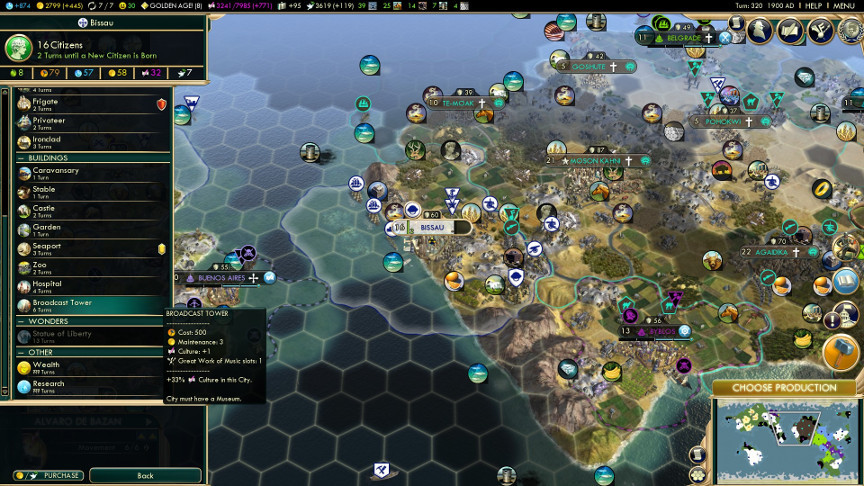
However, the professor told me that his belief was that where the individual thrives, the nation can reap ever greater rewards.
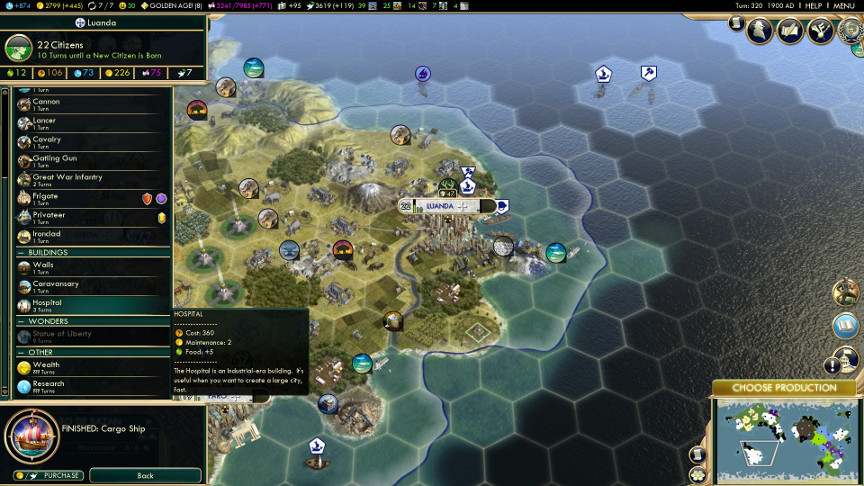
If the state exists only to guarantee the ability of its people to be free and make their own judgements, then why do they not act according to their own impulse, disorderly and self-centredly for lack of leadership. What then makes the Portuguese different from the anarchists they claim to be fighting?
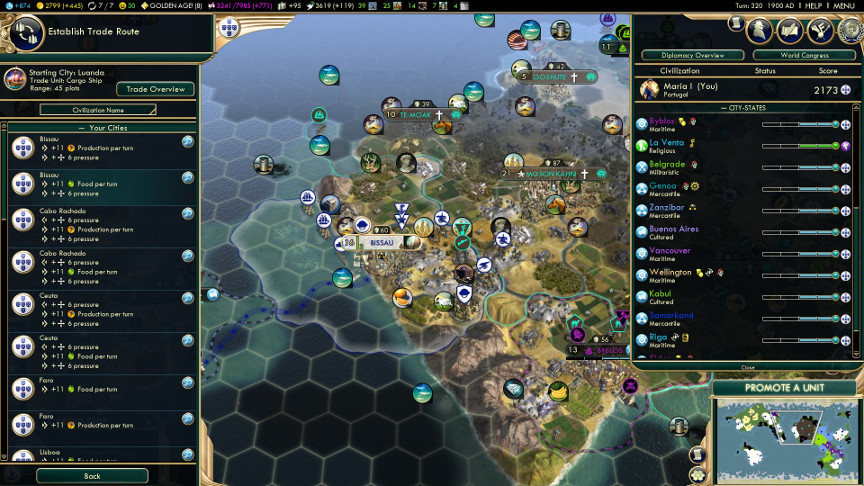
He told me that it has to do with the human capacity for reciprocity. The Portuguese merely look at the crises abroad and see that their own lives are richer and more peaceful for the efforts of their nation, and thus feel naturally obligated to each other.
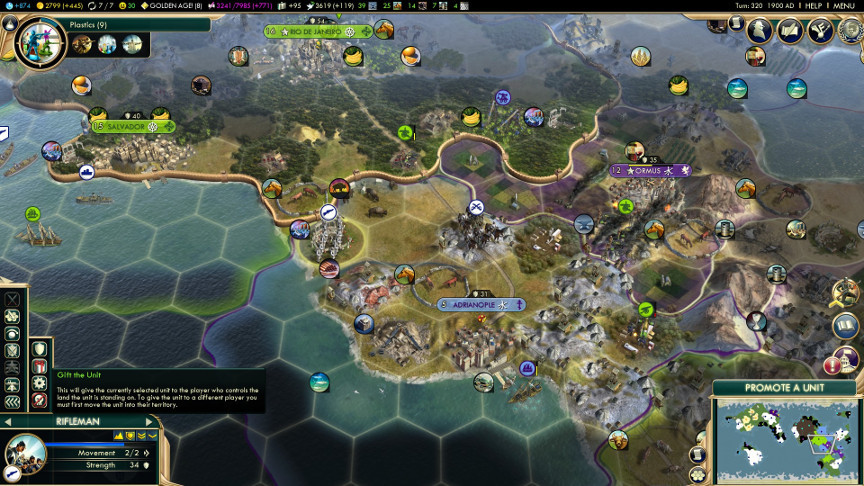
This bond of natural mutual obligation is stronger than any obligation to the will of the divine or to the authorities of kings, as its effects and consequences are immediate and readily visible.
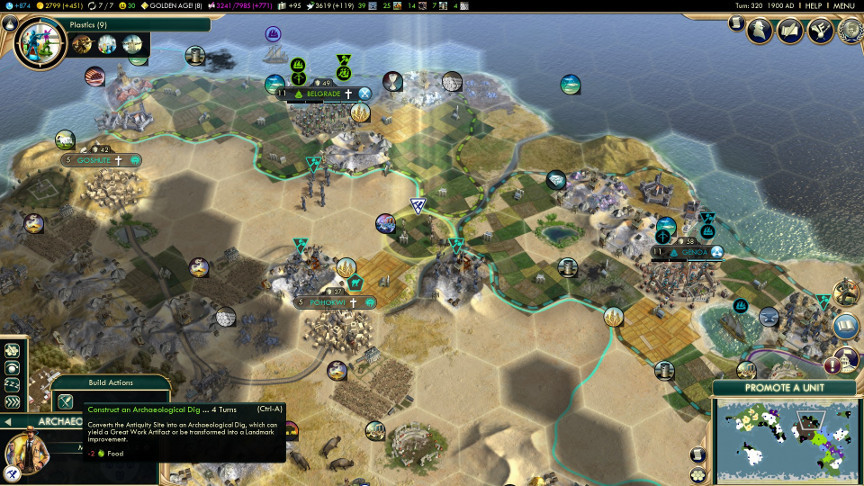
It is not perfect, and it does have its limits, but it is the basis of the Portuguese character.
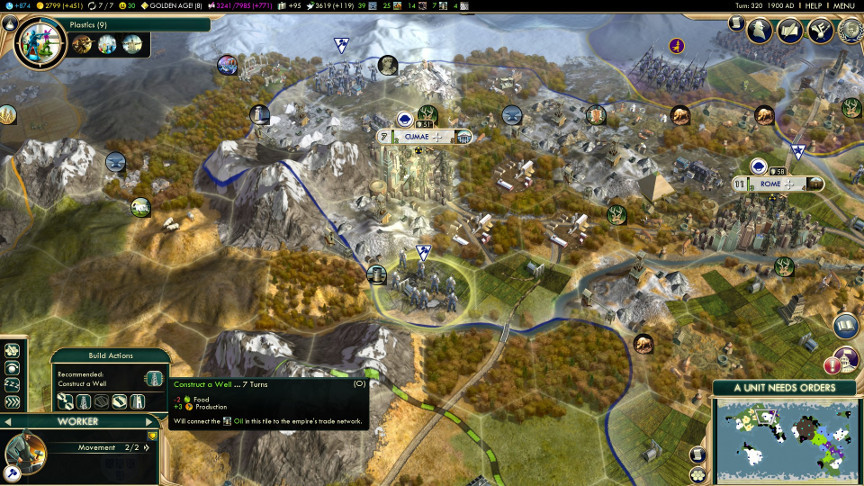
I told him that under Oda, our obligations to the nation were still greater, as we were expected to give our lives to the cause of the Shogun. How then, does human reciprocity prove itself in the face of a willingness to discard your own life?



He paused for a time, and then he told me:

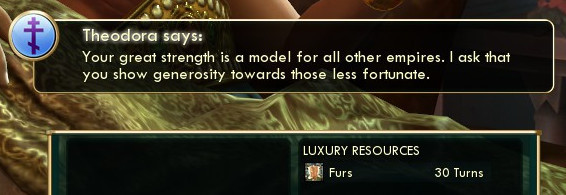
"By demonstrating that you would willingly sacrifice yourself for another, you make it possible for them to do the same for you.'"
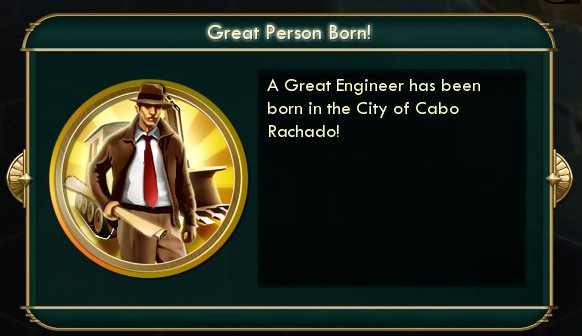
"Outubro, 1899
Time seems to have lost more and more meaning to me the longer I remain apart from my homeland. I saw a tree on the coast of Osaka burning yellow in the daylight, and remembered a strange young man I met some time ago in Cabo Rachado.

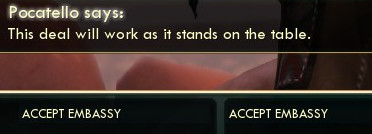
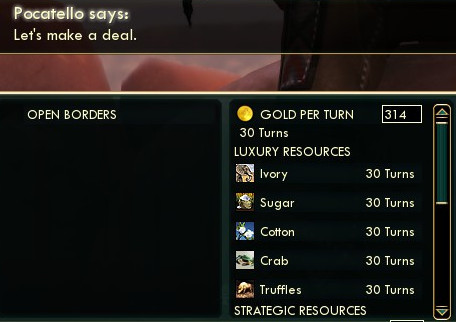
He said that he was originally Shoshone, and that he was studying at an exchange program in the small neighbouring city. He betrayed an expression of sadness when he did so, as though he understood something that I did not.
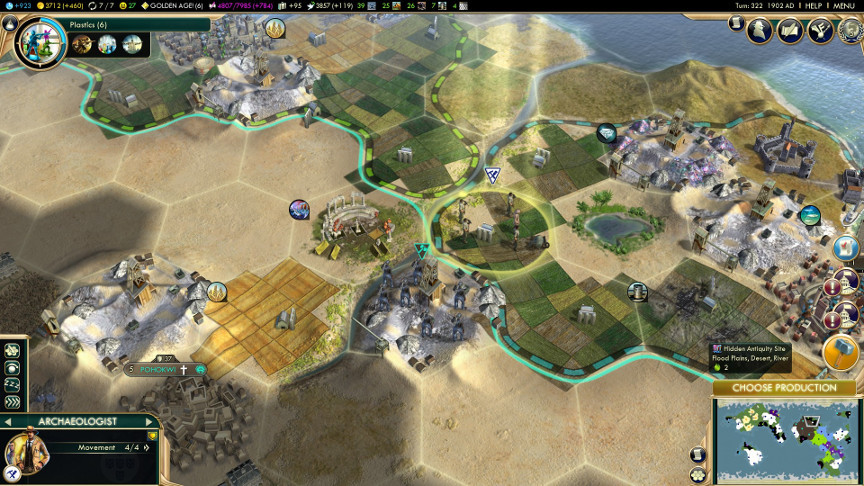
He was an admirer of history, and wanted to better understand the arts and sciences in a way that would contribute to the future of mankind, both Shoshone and Portuguese.
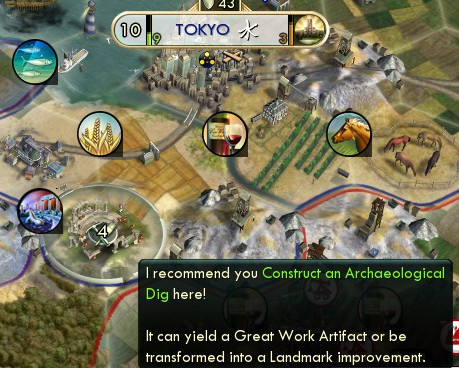
Knowing at the time that tensions among our people were high, I warned him that his desire to do so may not be looked upon kindly in his chosen place of study. However, his optimism about his work seemed unabated.
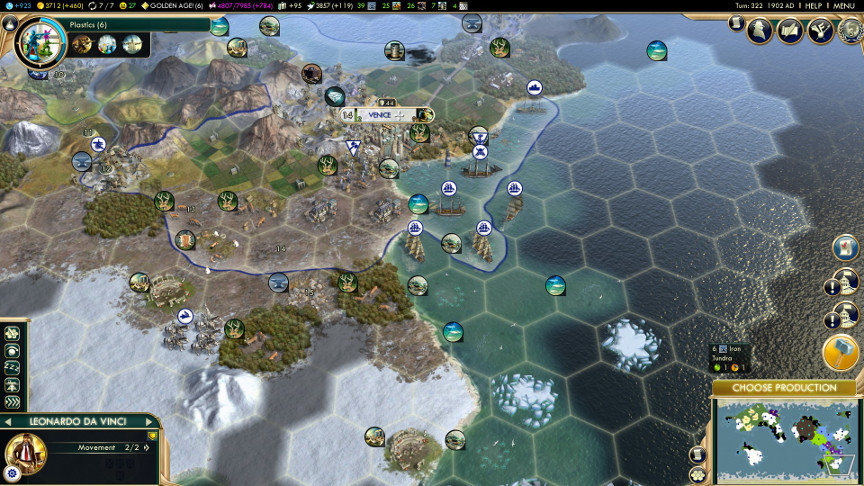
That enthusiasm was infectious, as I decided to tell him about my encounter with the man from Lisboa, and his similarly mad scheme to set up a place of research to the south of the Venetian arctic.
He immediately told me that he would be going there as soon as he graduated.
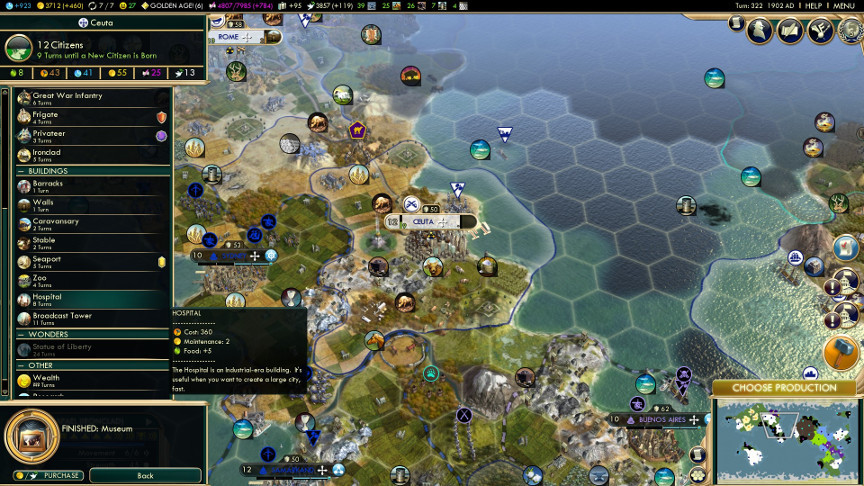
He struck me as a man somewhat detached from the world around him, but admiring it through a telescope like one sees and maps the stars, entrusting his own fate to their guidance much like the explorers of old.
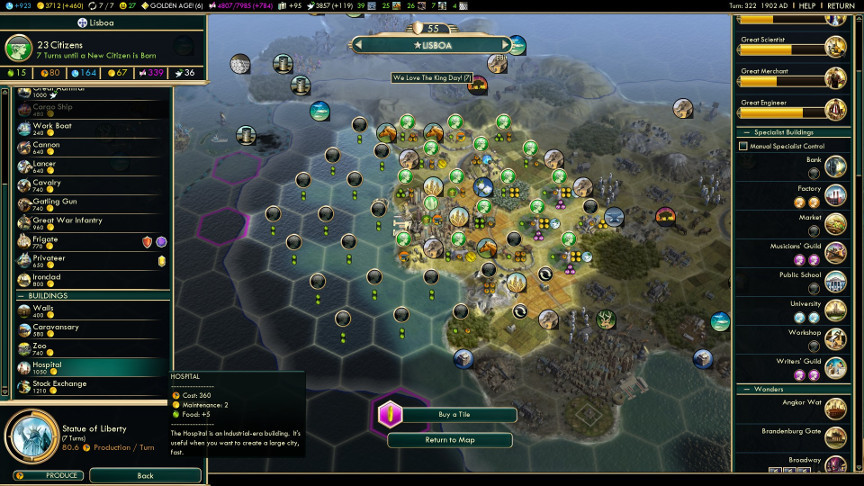
I could not help but wonder why our world could make such a man as this, who could decide at a moment's notice to travel away from his home and his loved ones in mad pursuit of an idea.
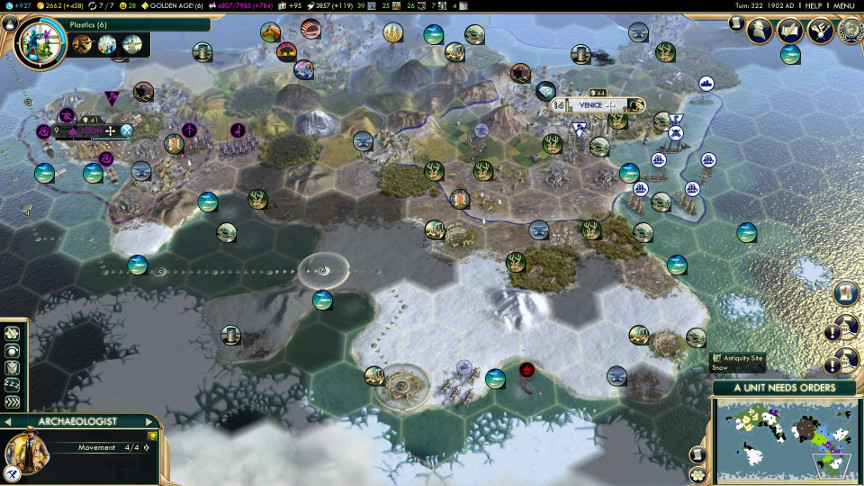
I can see that as my body grows older, my mind seems to wither in the face of these strange occurrences and ideas, and I wonder what Father would have thought of it all."
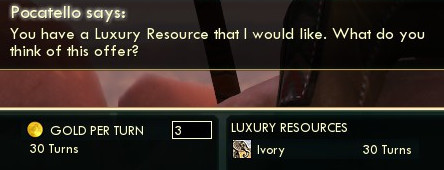
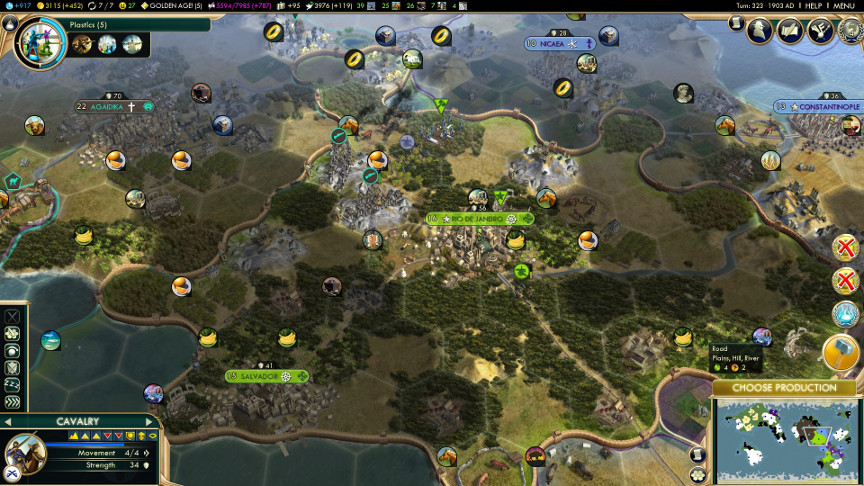
"Janeiro, 1900
This new year's celebration that I looked forward to since my return has turned to ashes upon my arrival, as I have learned that my dear mother passed away in my absence.
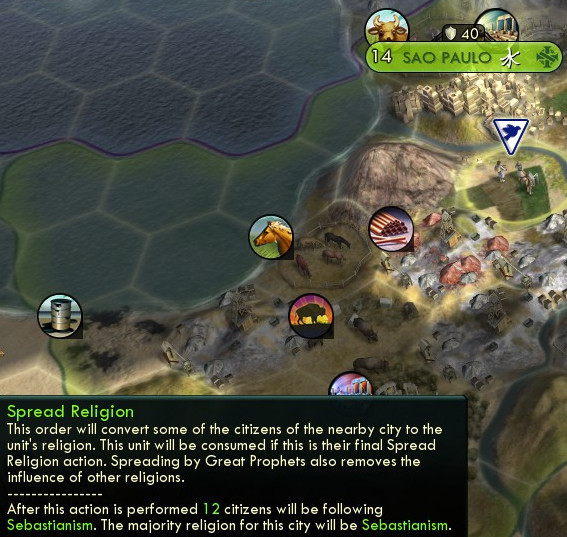
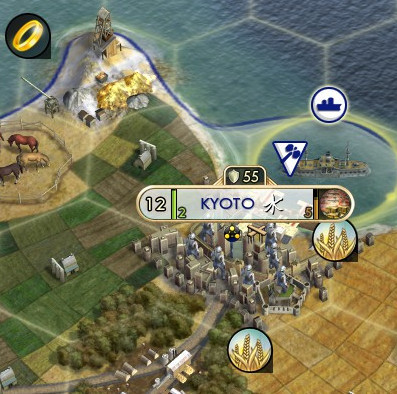
Though I may sit in my home, watching the rain fall outside my window, I cannot help but wonder what has become of my brothers and sisters.
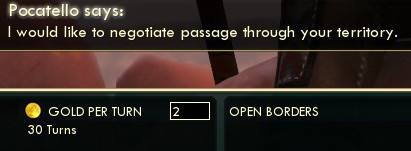
There is talk of escalating war abroad, and that the Portuguese have hatched a plan to deliver our own soldiers to Pedro in order to stop the ambitions of the Shoshone. I can only pray for the safety of our troops, and ask the huntress to let their bullets find the hearts of our enemies.
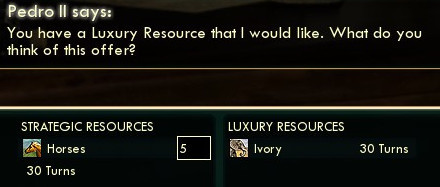
I cannot accept the idea of living in another century without better understanding the world I live in.

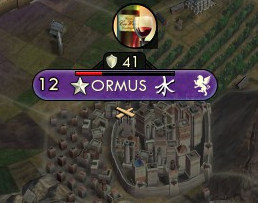
What we might call the miracles of the past seem to fall upon good and evil with seeming abandon.
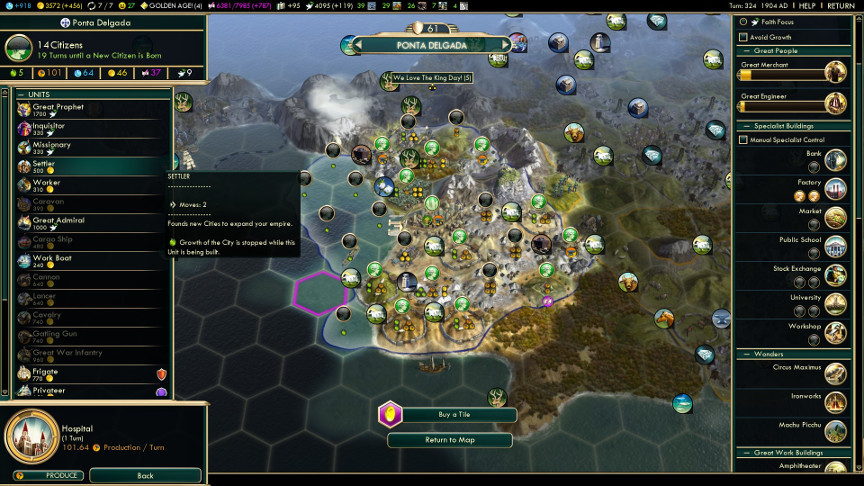

I was blessed with an opportunity to learn and travel the world, and now my thoughts are only with someone whom I left behind, never to see again."

"Septembro, 1905
I believe that I have come to understand something on the nature of reciprocity.
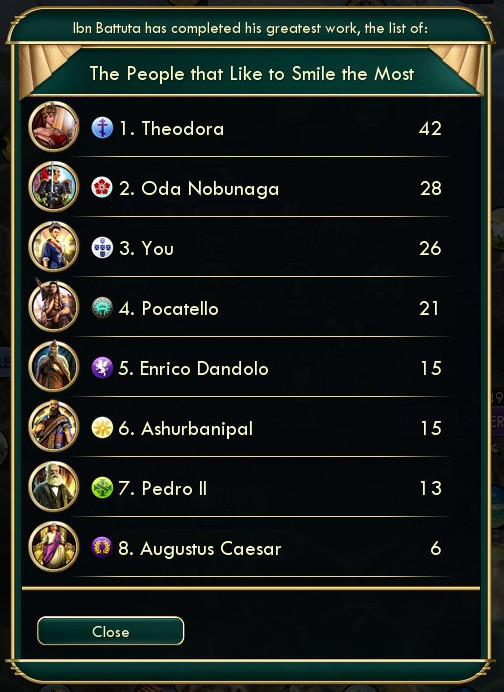
Perhaps we may live in what is called a 'golden age', but as an individual I must turn away from my homeland once more in order to sail into uncertain possibilities.
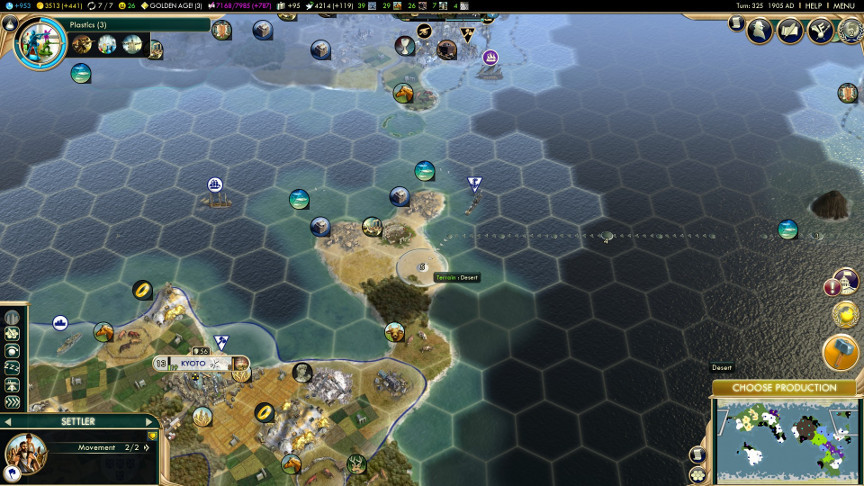
I watch the land I call home fade into a distant sunset, and learn that the people of Ponta Delgada wish to contribute to the construction of a new city on Japanese shores.
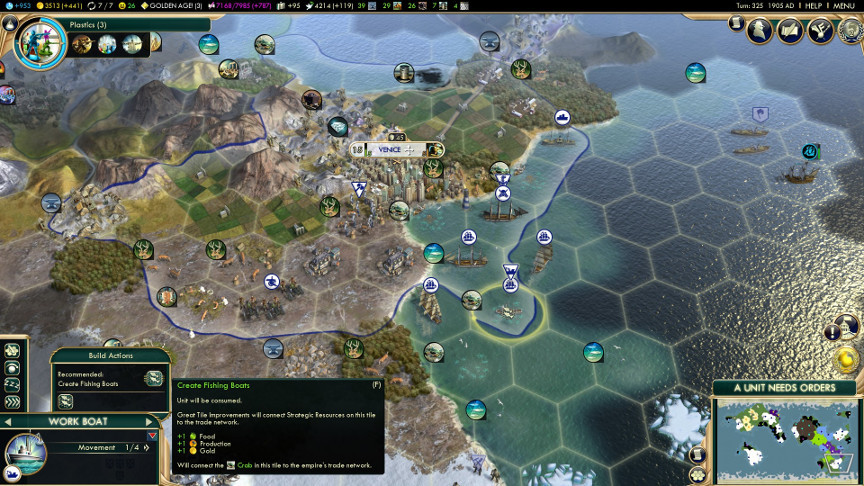
I learn that Faroan fishermen have found fortunes off the coast of Venice, and that soon my acquaintance from Lisboa will be completing his expedition.
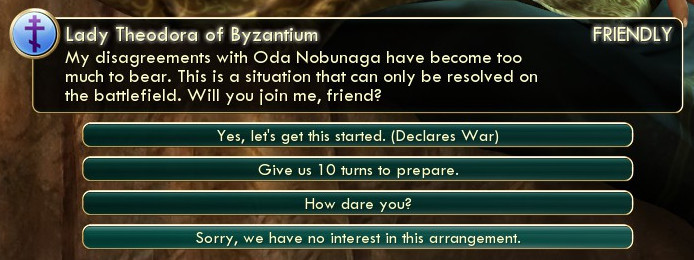
Though it was but a rumour, I learned that the President of Portugal was not going to pursue claims on the remainder of Japanese territories, which is just as well, since I can barely consider myself to be anything like the people to the south.
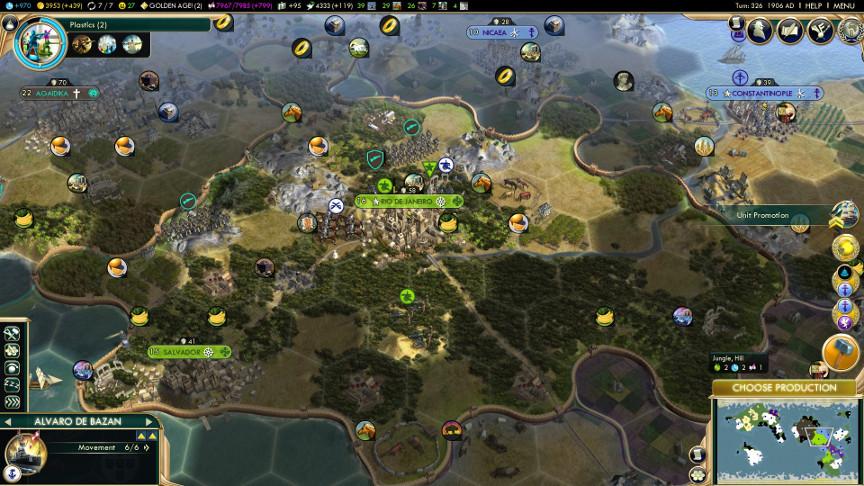
As this thought crossed my mind, a deep and still feeling of warmth came over me, as I finally grasped something about my life.

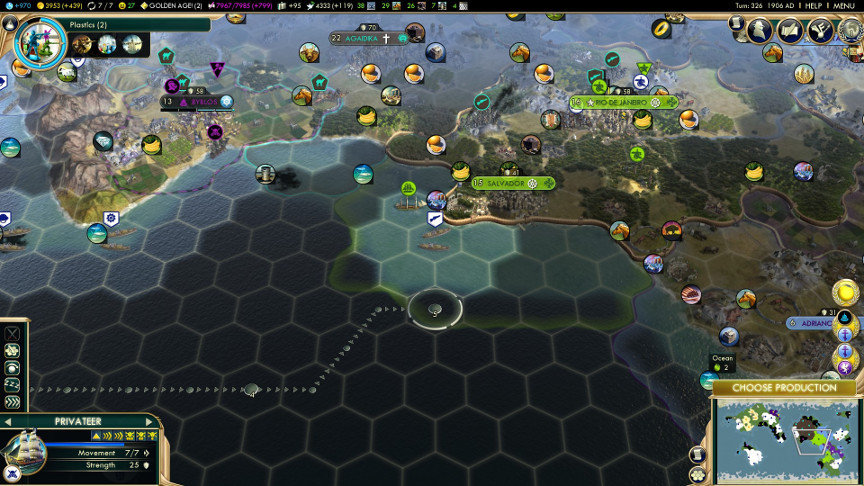
How strange it must seem to the Portuguese, that I consider myself among their number and consider those that share my language and my skin as outsiders.
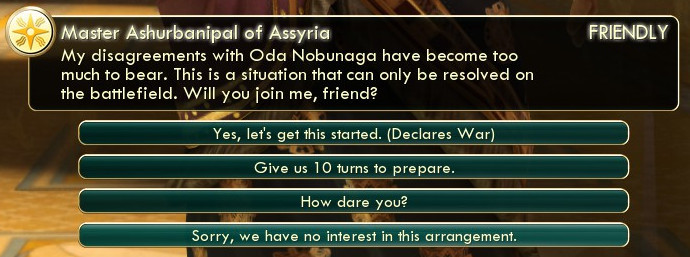
Yet, I cannot help but feel gladdened by the understanding that Oda and his ilk, while given to the ideal of sacrifice for the state, are not at risk of harm from democracy's arsenal.
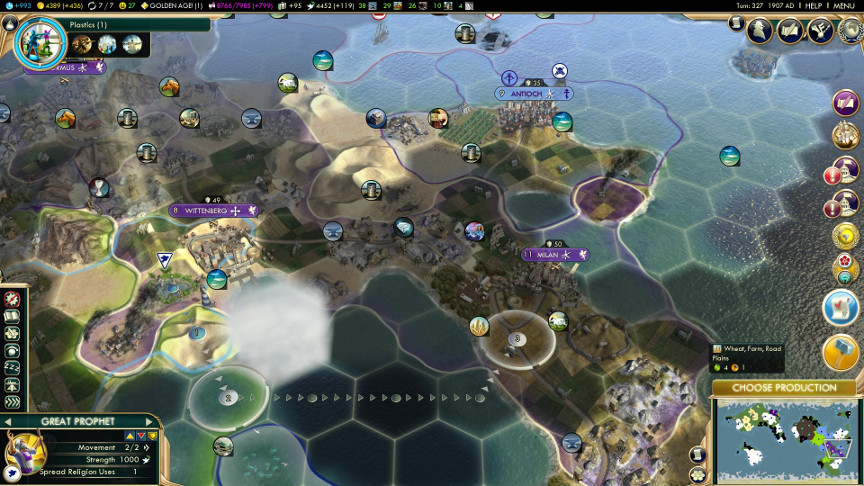
As a Sebastianist, I am told to pray for peace as the arrows of mankind are to be turned upon beasts, not each other.
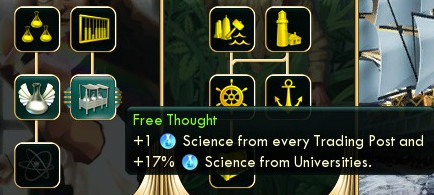
As a man, I find that I can agree with this.

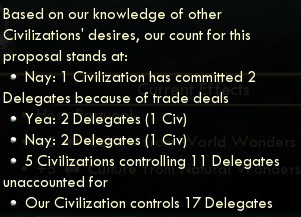
Yet, I understand that this is also a feeling shared by the Confucianist majority in my homeland, and that my own opponents in matters of faith are brothers in thought, united by a commonality of will.
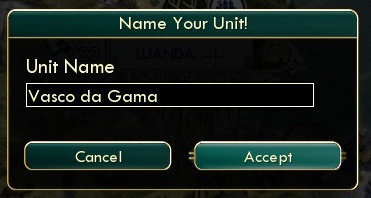
I think of myself as like an explorer of old, facing a new landmass for the first time.
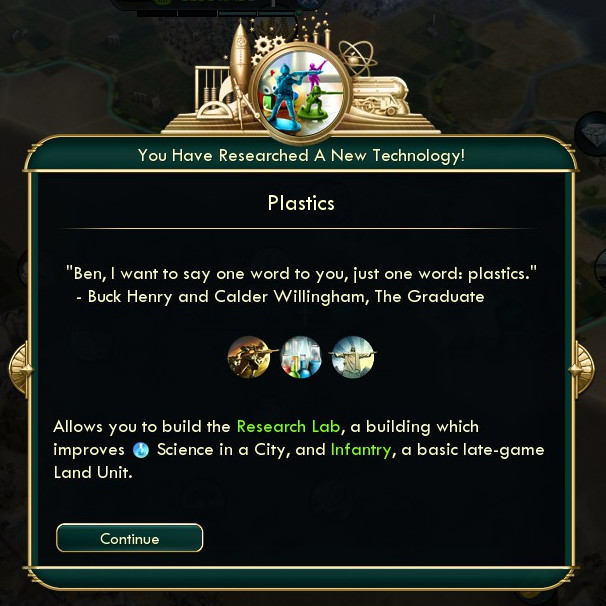
Yet, what I find on this new island are other explorers, seeking the world much as I do.
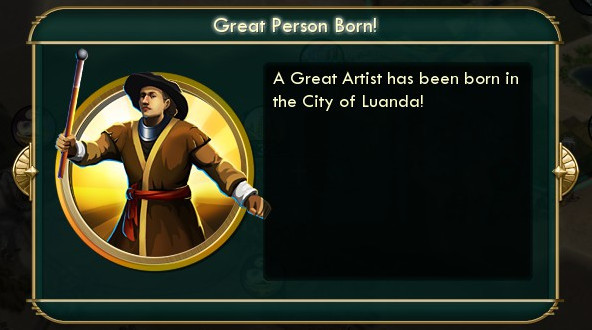
I find myself wanting to celebrate their stories, share their insights, and discover their homelands for myself.
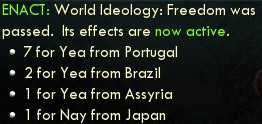
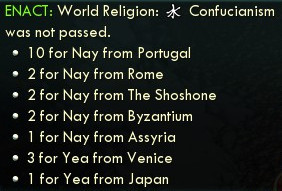
In this, I believe we can find common humanity."
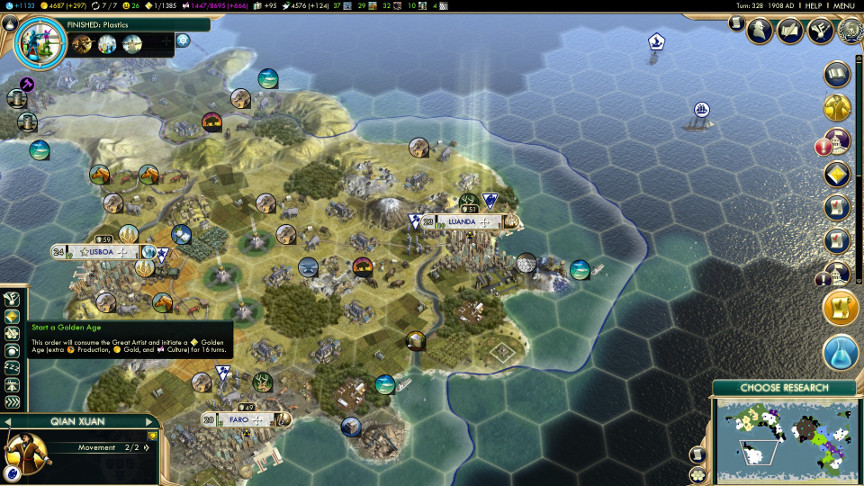
"Julho, 1906
I remember something on the faces of the people I had met in my travels. The visionaries with whom I shared part of a journey.
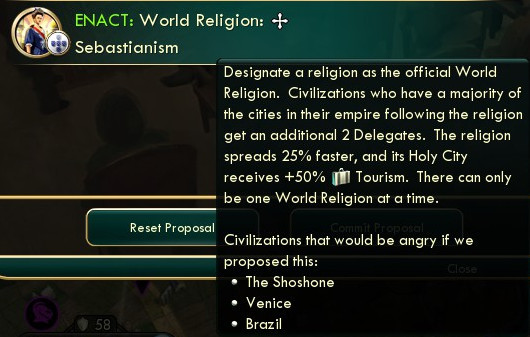
I remembered that each of them looked somewhat sad when I spoke of their homes, and it was in mourning the loss of my mother that I understood why.
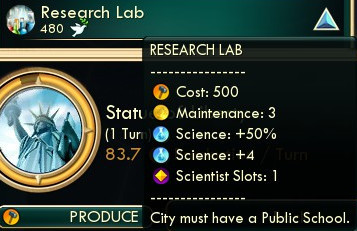
To undertake a journey of learning is to leave behind what you once knew, no matter how dear and close to your heart it once was. I have heard that learned men of faith sometimes cannot reconcile their desire to learn with their desire to find God, and this conflict costs them faith.
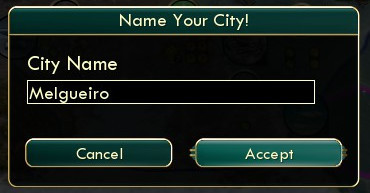
I had learned that the professor from Lisboa had made his research station, and even had it named after him, but his body could not withstand his adventurous spirit, and he died on one of his expeditions.
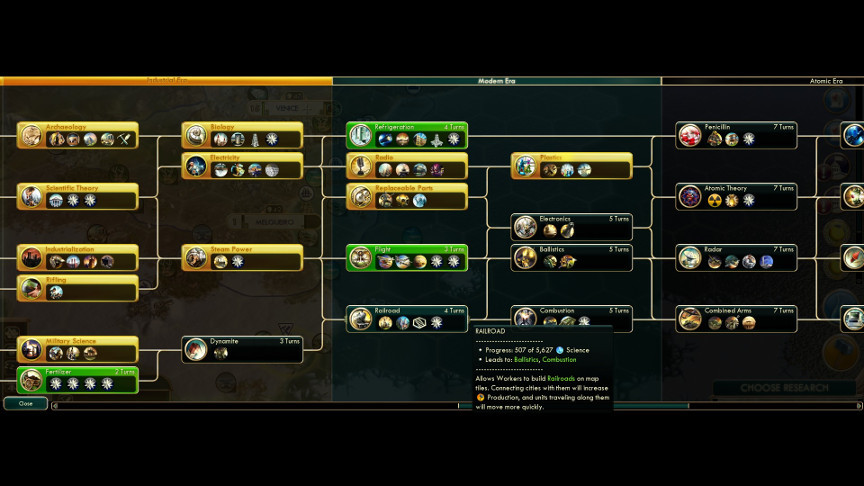
I learned that the young student from Cabo Rachado had not yet arrived there, and that while he was famous and well-known among academics, his current whereabouts were not known to anyone. I could not help but think of his family back home, now shuttered behind a wall of politics.
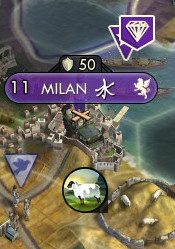
I remembered one of my great teachers, who studied in Portuguese lands to bring education to my family, gave every moment of his life to a cause that he believed would protect the world from the destruction of man.
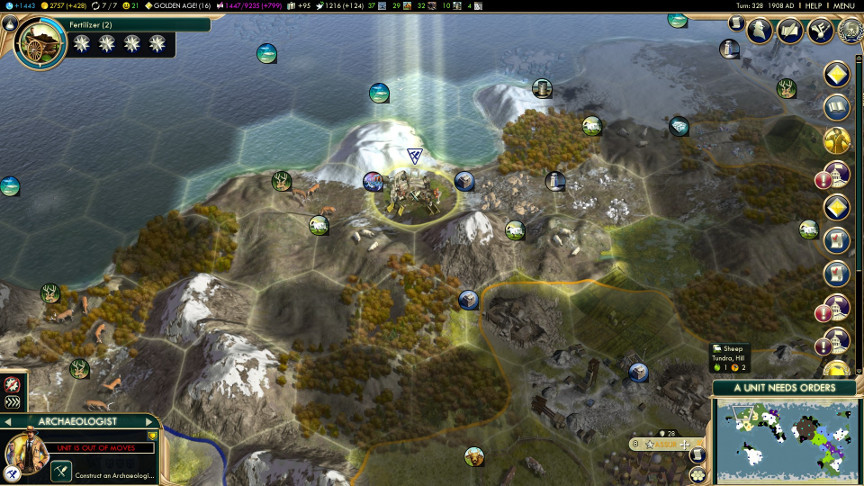
I think of these people who walk into death thinking of those they had once left behind, and I realize the meaning of 'saudade'.
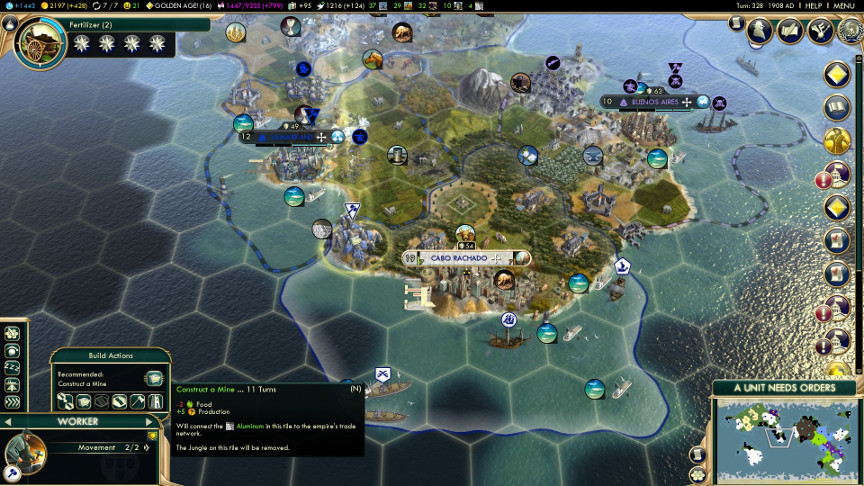
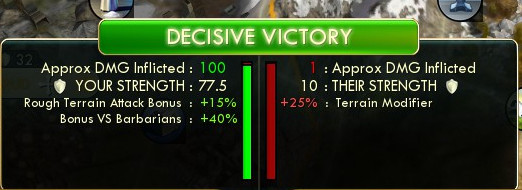
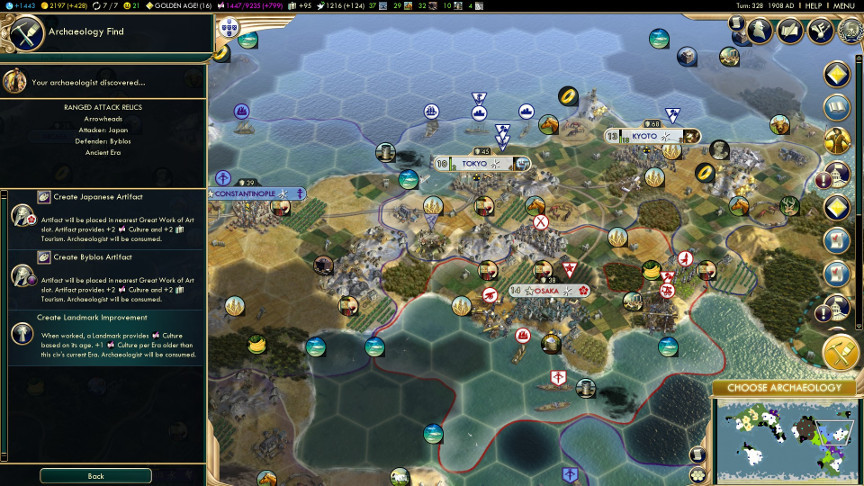

We can mourn these people and what they left behind, while also celebrating their accomplishments and lives with the same breath. We can work, fight, learn and debate with impunity because our nature as humans compels us, and our understanding of ourselves will draw our weakest and strongest moments into sharper relief every day.
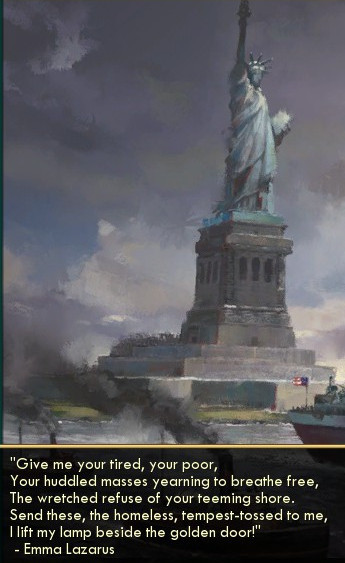
We are strong not only because we are devout, or wise, or even moral. We are strong because we can move forward despite fear and loss.
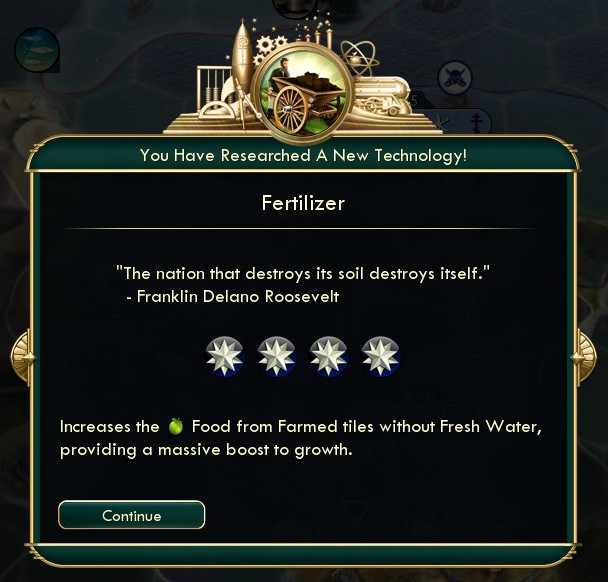
We can accomplish what was thought to be impossible only years prior.

We can do so because those who have come before have helped make it so. Our accomplishments are as much theirs as they are ours.

Yet, with that independence, we will remember that we will eventually need to rely on others.
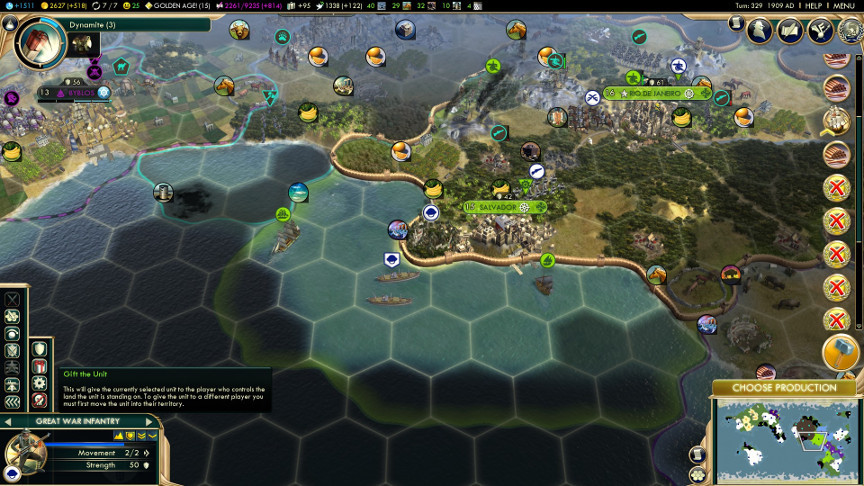
We will fall, and fail, and make mistakes, some of them severe.
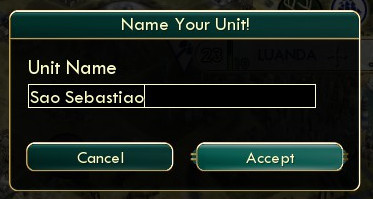
We will be forced to abandon things that we once held near and dear to us, as we slowly realize that they are no longer important to us as they once were.
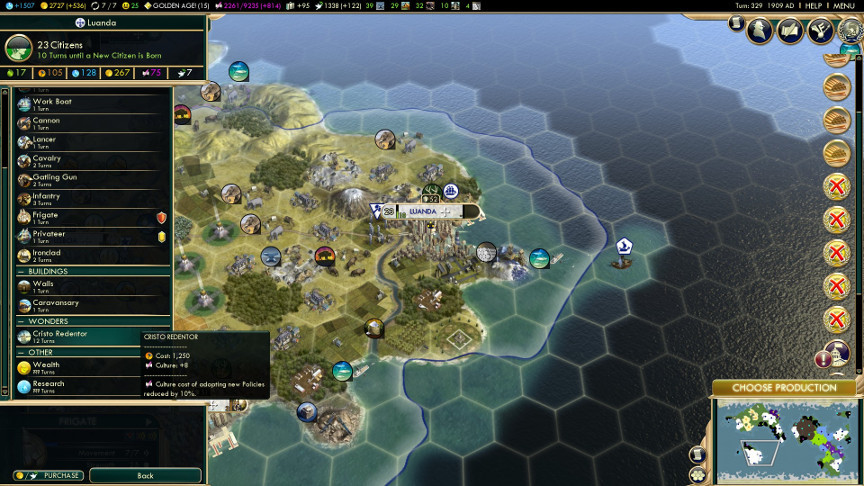
We will still be given to petty rivalries and mistakes, and waste our efforts on things that are not worth our time.

And we will occasionally be the targets of envy and scorn, despite the fact that we mean well and hope that we can contribute meaningfully to the lives of others.
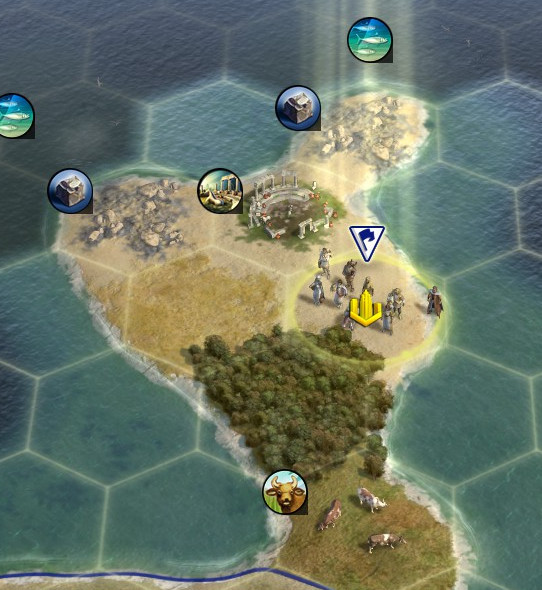
Yet, it is as I look at the beaches near my homeland, that I can begin to feel some pride at what I have helped to create.
The expedition leader asked me for what might be an appropriate name for this new city. I am not gifted with names, but decided to consider something related to the bay as its most prominent feature.
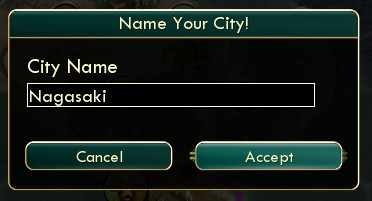
I was told that the city would be a testament to the wondrous union of Portuguee Nihon. It would be used to enrich the lives of my fellows in the faith, and give people in both Japan and Portugal an opportunity to study and live side by side as equals.
My optimism is tempered with the idea that I have sacrificed the heritage of my ancestors with my actions.

Yet, I think of my fellow travelers, and understand that they must have left part of themselves behind as well.
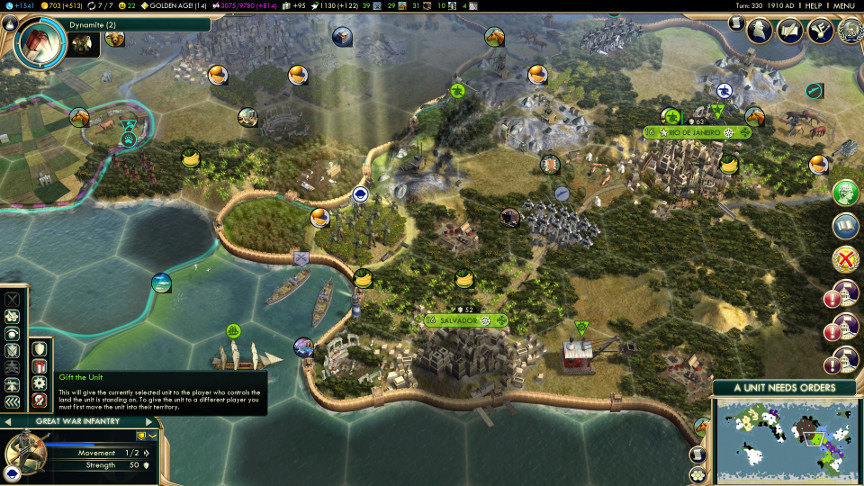
I think that if my actions are the results of freedom that have been granted to me by my fellow man, then my own belief that there is merit to them cannot be entirely mistaken.

Even if it must be disagreed with at times, I will do what is necessary to learn and improve the lives of others through my learning, as doing so can only enrich me as well.
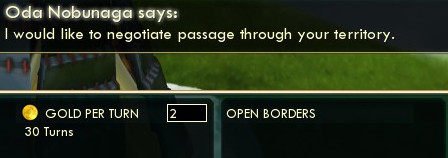
It is with a hopeful heart, weighted though it may be with sorrows, that I begin to welcome the people of Osaka to Portugal, the land of my birth."
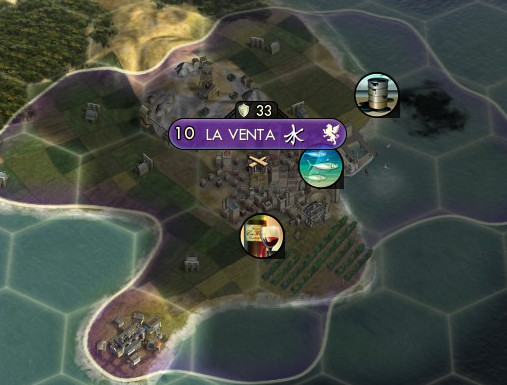
The text, whose title translated to "The Rebirth of Sumitada Oomura," was said to chronicle the turbulent times of the early twentieth century with a strange nostalgia, given that it used saudade as part of its central theme.
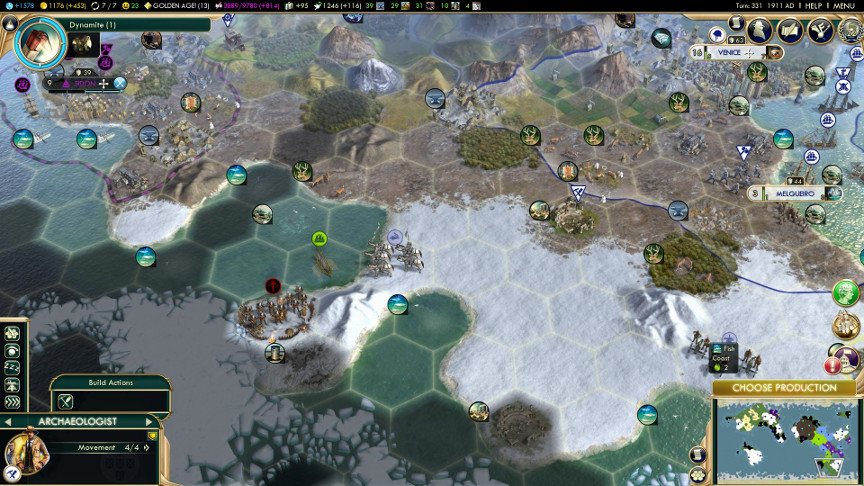
It was very well received for a brief period of time, and Japanese cultural history saw some resurgent popularity shortly following its publication.

However, its popularity coincided with an understanding that historical Japanese culture was in steady decline, and Oomura himself acknowledged this with a distinct sobriety in his interviews.
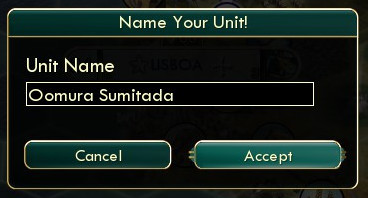
He passed away in the year 1911, and the Portuguese Navy offered to conduct his funeral in Nagasaki with one of the highest honours ever offered to Japanese Sebastianists: The posthumous naming of a vessel.
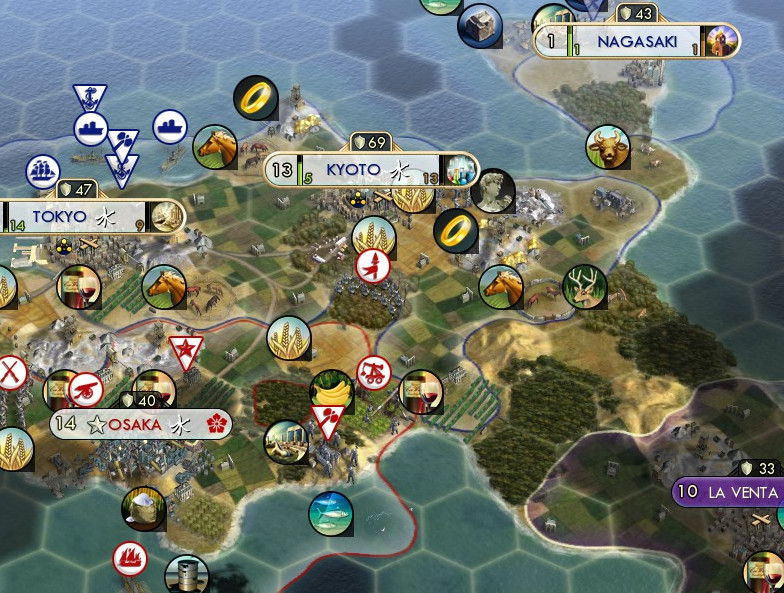
Portuguese Nihon has since begun its rise to global prominence, though not without some speculation as to what the increased closeness of their relationship could mean for their immediate neighbours...
So, it has been some time since our last thread vote, and in the absence of any other pressing recommendations concerning the state of the world, I would like to address the teal elephant in the room:
Should we escalate conflict with the Shoshone?
It would seem that Pedro's failure to learn from prior mismanaging of the volunteer armies means that he will be content feeding any soldiers we offer him into the Shoshone meat grinder forever. It is also apparent at this point that no other global army is capable of handling the Shoshone threat, and no other leader willing to march into battle against them over the fate of Brazil. Therefore, if anything is to be done to stop the current conflict, direct action may be necessary.
However, this does clash with our newfound Portuguese Humanist tendency of desiring peace with our fellow man around the world, and our every military engagement with other humans is a direct contradiction of a Sebastianist tenet now approaching 4,000 years of age.
Alternatively, we could pursue a different objective altogether as we are well on our way to accomplishing our prior goal of Sebastianist primacy. Please note, however, that I would not want to go for International Games victory this playthrough, as my concern with that is that it gives a 100% bonus to Tourism, which means that we may end up winning a Culture Victory before we are actually able to vote for the Diplomatic Victory. We are already taking enough risks on that front trying to get the World Religion.
Ultimately though, the decision is yours, and as we continue to make obvious, that is what matters.
Voting will close on Monday evening.
Boa sorte...